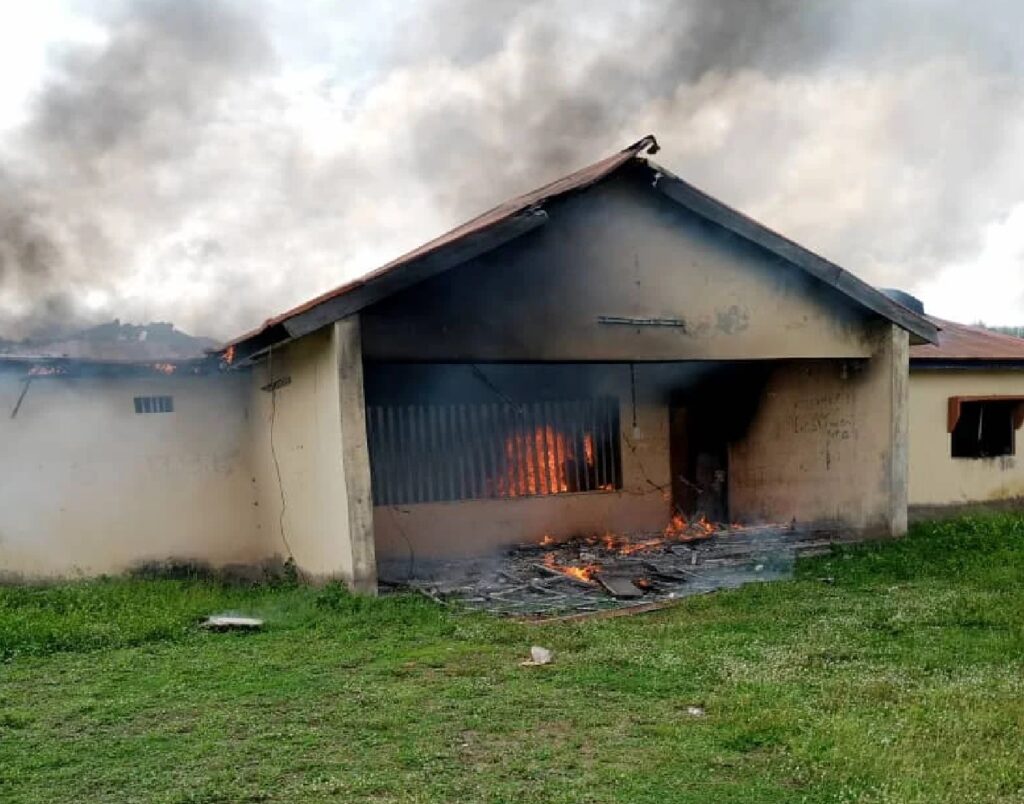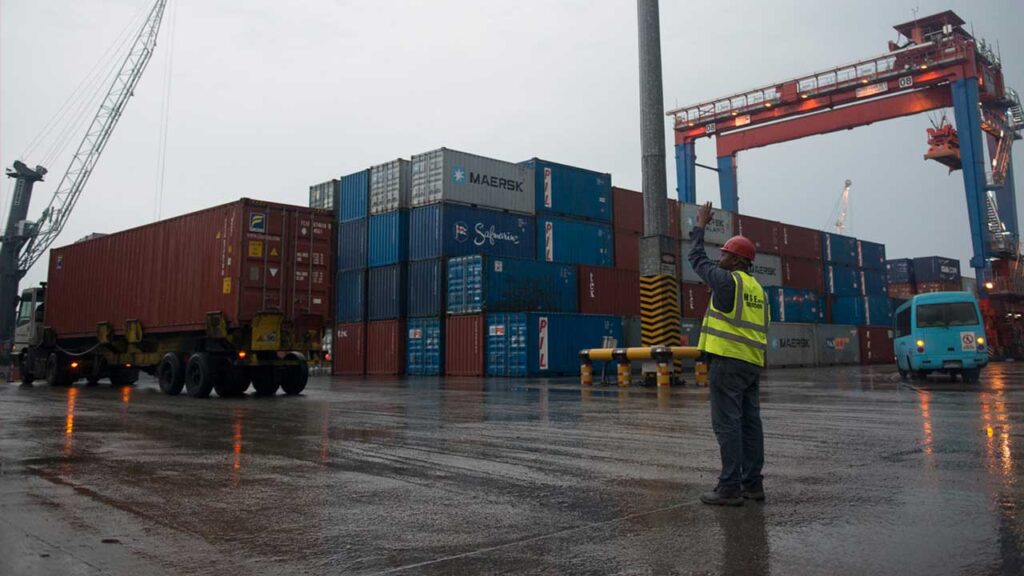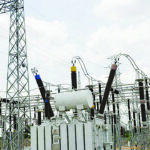
•Launches sustainable urban drainage system •Seeks state police to arrest environmental infractions
To effectively contain flooding, Lagos State government, yesterday, urged residents to stop dumping of refuse in unauthorised places, clogging of drains with silt or construction materials, erecting or building structures within and around drainage right of ways and setbacks.
The state reiterated the call for state police, saying it will give backing to enforcement of environmental infractions and illegal dumping of waste into unauthorised places.
The state’s Commissioner for the Environment and Water Resources, Mr. Tunji Bello, disclosed this in Ikeja, at 2023 Seasonal Climate Predictions (SCP), in continuation of the state’s tradition to yearly alert Lagosians on rainfall patterns and its socio-economic implications for residents.
Bello said going by the 2023 Nigerian Meteorological Agency (NiMET) prediction, Lagos will experience an average to slightly above average rainfall amount and season length, at 1936.2mm, which will start in the first week of April and cease in December.
Consequently, he said rainfall from neighbouring Ogun, Oyo and Osuns states, coming into Lagos will result in increased water levels, which will continue to be monitored.
According to him: “It is also expected that recent increase in the frequency of extreme weather events will continue in 2023, with days of extremely high rainfall amounts that may result in flooding.
“Largely because strong winds are expected during the onset and cessation of each rainfall, harmattan is expected to cause a reduction in visibility, resulting in flight disruption and revenue loss due to delays and cancellations.”
The commissioner noted that the Ministry is also collaborating with NiMet in the area of seasonal climate prediction, which has been valuable and early warning tool for farmers, planners, decision makers and operators of the various sectors and businesses that are likely to be impacted by annual rainfalls.
“We must also state that there are plans to downscale the National Seasonal Climate Prediction for stakeholders like farmers and emergency workers locally.
“We want to assure you that our state will continue to reap the benefits of careful and rigorous planning, as our flood control measures are being stepped up to contain any imminent rainfall.
“To ensure a flood-free and hygienic environment in the state, the Ministry has always embarked on an all-year-round drainage maintenance programme for effective and efficient flood control, in addition to an efficient and sustainable solid waste management system. This year will not be different.
“The state is also stepping up pro-active measures to reduce the prevalence of plastic waste and also create a circular economy in line with recently approved draft plastic waste policy for the State.
“To effectively contain flooding in our state, we are determined to maintain the long-established synergy and partnership with the Ogun-Oshun River Basin Development Authority (OORBDA), which has ensured steady and systemic release of water from Oyan Dam to prevent flooding of the downstream reaches of the Ogun River. This mutual relationship has been highly beneficial in the past, and will be sustained,” Bello said.
The commissioner also advised communities and residents in coastal and low-lying wetland areas of the state, like the neighbourhoods of Agiliti, Agboyi, Itowolo and Ajegunle communities, to move upland to avert needless loss of life and property when the need arises. We will also continue to protect our water bodies from indiscriminate discharge of solid waste as well as erection of illegal structures along the drainage alignment/setback.
He stressed that the ministry would be introducing Sustainable Urban Drainage Systems (SUDS), to handle distortion of normal hydrological cycle in the state, which has given rise to increased surface runoff ultimately resulting in flood incidences.
“SUDS mimics nature, using man-made features such as soak-aways, ponds and gently sloping channels (Swales) to attenuate and treat urban runoff,” he added.











